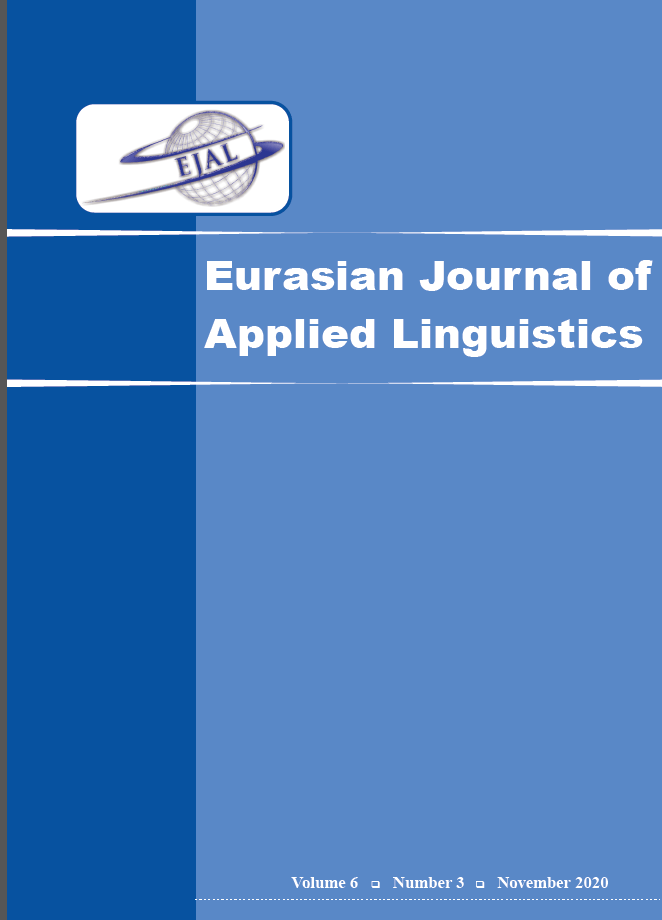Peter MacIntyre
Cape Breton University
Cape Breton University
Lanxi Wang
Cape Breton University
Cape Breton University
Gholam Hassan Khajavy
University of Bojnord
University of Bojnord
Keywords: willingness to communicate, dual processing theory, congnitive experiential self theory (CEST), Rational-Experiential Inventory (REI)
Abstract
How does a person decide whether she or he is willing to communicate? Dual-process theories have been influential in the literature on the psychology of making judgments and decisions. Dual-process theories make a distinction between cognitive processes that are fast, automatic, and unconscious (also called ‘experiential’ thinking) and those that are slow, deliberative, and conscious (also called ‘rational’ thinking). The study assesses differences in willingness to communicate (WTC) ratings made based on rational and experiential processes, and differences between native to second language WTC. Data were collected from a sample of 84 students in Iran and 82 students in Canada. Both groups assessed their WTC using English as a second language in Iran and as a native language in the Canadian sample. Data analysis showed that a preference for using rational thinking, as measured by the Rational-Experiential Inventory (Pacini & Epstein, 1999), was correlated with WTC ratings made fast and slow, but only in the second language. We also found WTC ratings were significantly higher when made fast compared to slow, regardless of language group. Pedagogical implications are discussed with advice to teachers how to capitalize on rational thinking and to avoid hesitation in communication.

